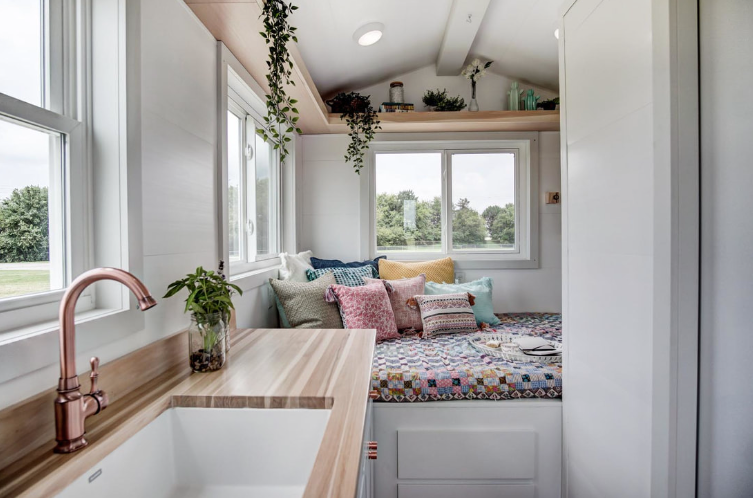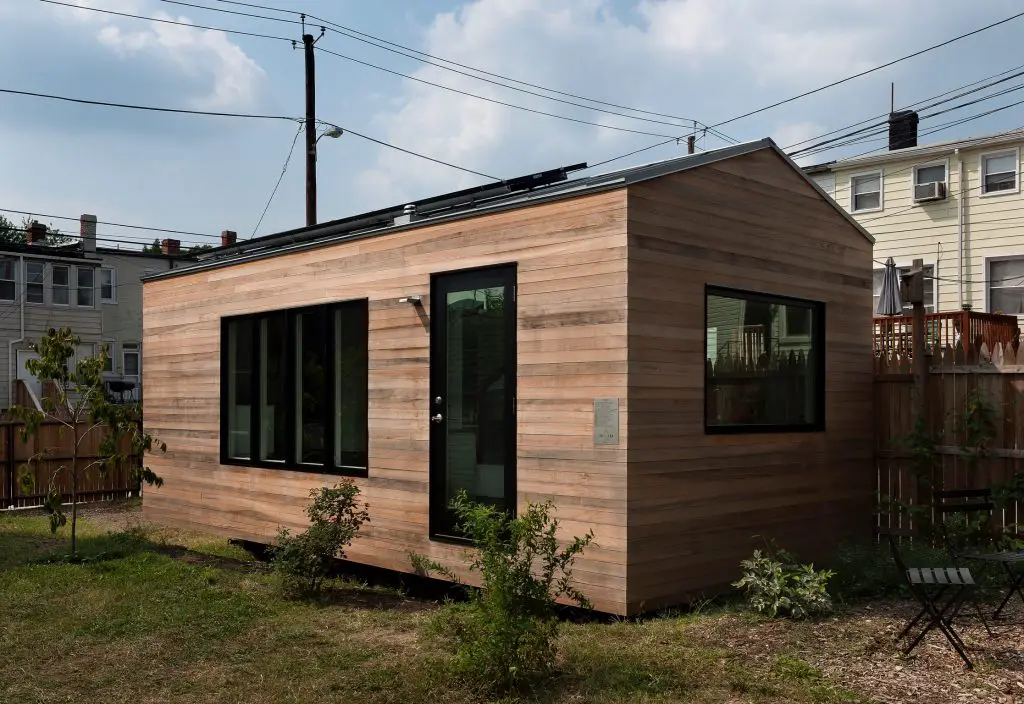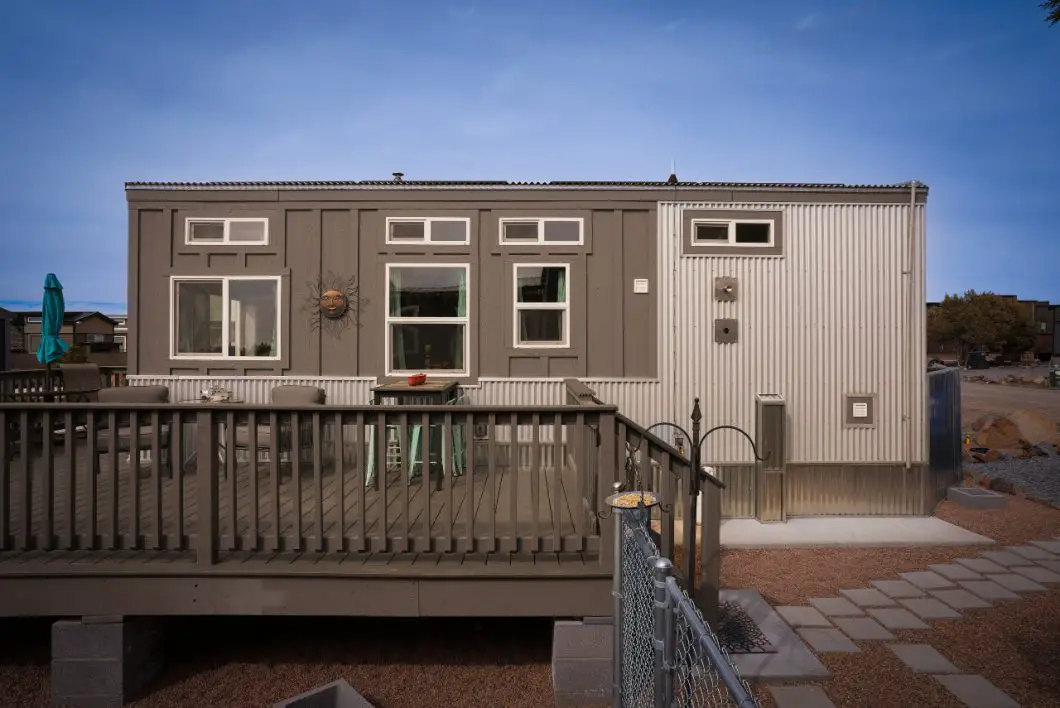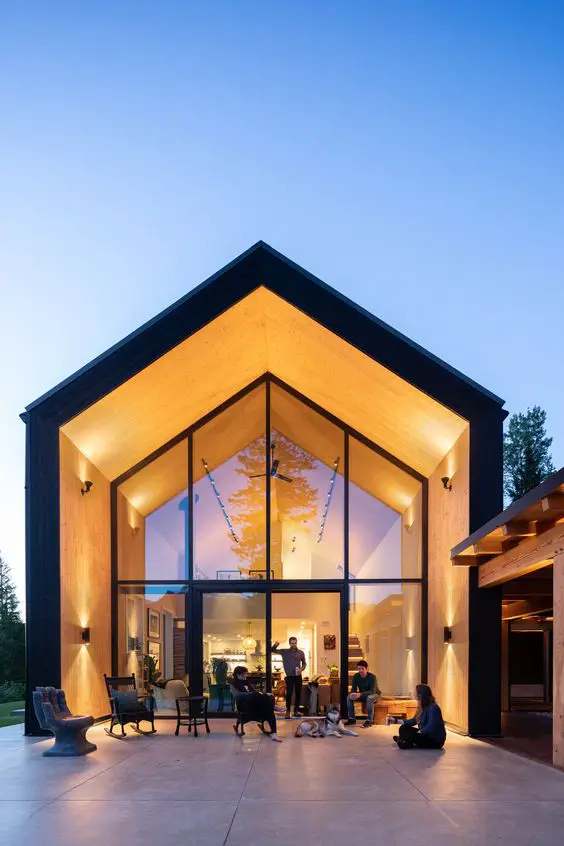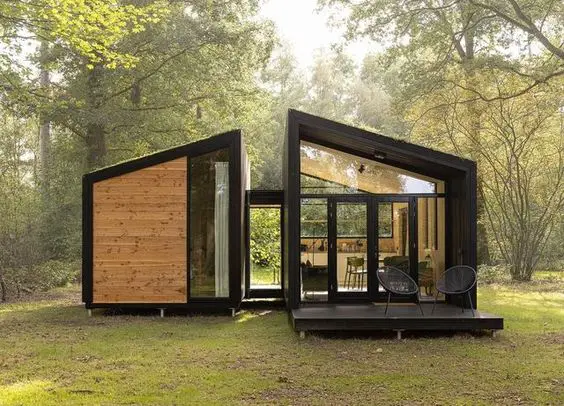Spread the love !
The Tiny House Revolution: Simplifying Life and Embracing Sustainability
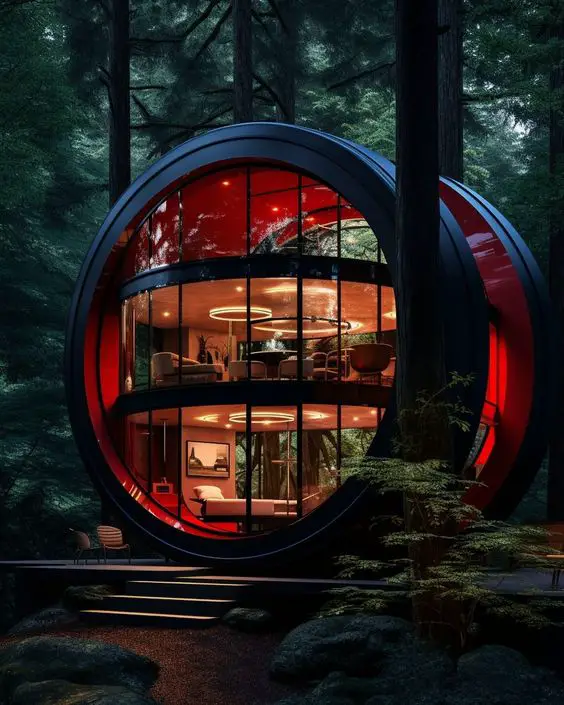
The tiny house movement is becoming increasingly popular as people seek ways to achieve more with less. This revolutionary approach not only involves downsizing living spaces but also simplifying lifestyles and embracing a more sustainable way of living. Here’s an in-depth article about the ideas behind the tiny house movement, its benefits, and its impacts on society:
1. Origins and Philosophy of the Movement
The tiny house movement emerged as a response to consumerism and the culture of excessive consumption. People started seeking a simpler lifestyle to avoid the material and emotional burdens associated with large homes. This movement is based on the idea of downsizing living spaces and minimizing possessions to the essentials. Its fundamental philosophy is to do more with less.
2. Simplicity and Minimalism
Tiny houses are designed based on the idea of decluttering and keeping only what is necessary. This leads people towards a simplified lifestyle. Having fewer possessions means less maintenance and less stress. Tiny house dwellers experience the freedom of breaking free from material dependencies, making their lives more meaningful.
3. Sustainability and Environmental Consciousness
Tiny houses offer significant advantages in terms of sustainability and environmental consciousness. A smaller space means less energy consumption and resource usage. Additionally, they result in a smaller carbon footprint and produce less waste. Some tiny houses are equipped with eco-friendly features like solar panels and rainwater harvesting systems, further promoting a sustainable lifestyle.
4. Financial Freedom and Flexibility
Tiny houses are often more affordable, providing homeowners with financial freedom. Living with a smaller mortgage or no mortgage at all means less financial stress and more flexibility. Moreover, their portability allows tiny house dwellers to adapt more easily to changes in work or lifestyle.
5. Societal and Cultural Impacts
The tiny house movement is reshaping societal perceptions of homeownership and lifestyle. Instead of the previously accepted norms of large homes and consumer habits, people are embracing a more minimalist and sustainable approach. This movement also fosters solidarity and a sense of community, as tiny house dwellers often provide support and share resources with one another.
In conclusion, the tiny house movement encourages values such as simplicity, sustainability, and financial freedom while reshaping societal perceptions of homeownership and lifestyle. This revolutionary approach helps people lead more meaningful, freer, and more sustainable lives.

